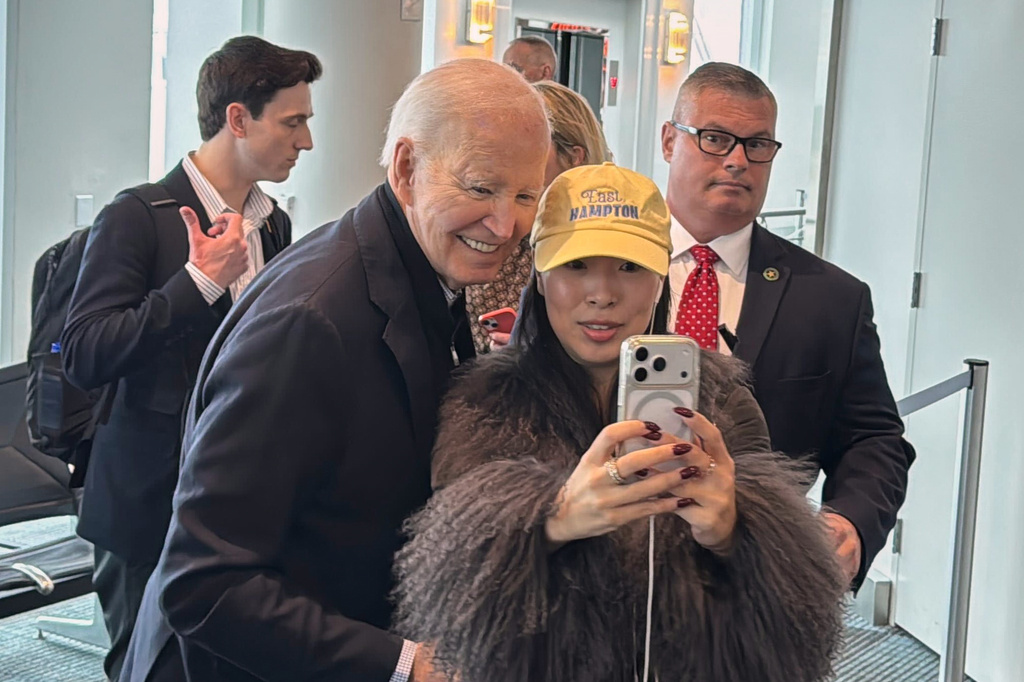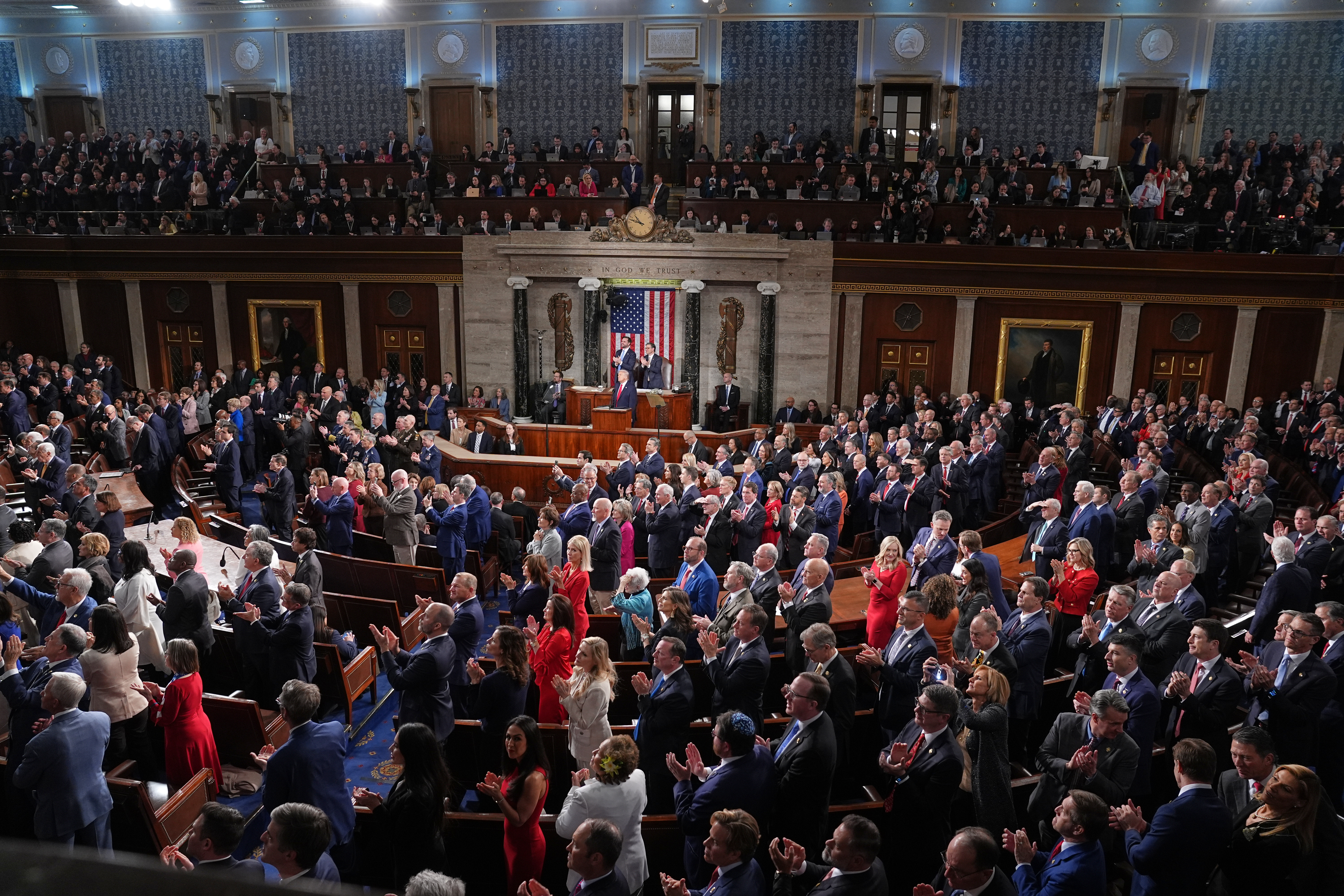As Wendy's made headlines for introducing dynamic pricing for its menus, Burger King trolled its red-haired rival by saying, "We don't believe in charging people more when they're hungry."
Burger King looked to take advantage of the controversy by offering a free Whopper with a $3 purchase through Friday at participating stores. The free burgers are available through Burger King's app and website.
QSR Magazine lists Wendy's as the No. 5 fast food chain in the U.S. based on sales, with Burger King ranking No. 8.
Burger King's response came after Wendy's said on an investor call earlier this month that it would test dynamic pricing using artificial intelligence. A Wendy's spokesperson on Monday also confirmed that the company would implement dynamic pricing.
Dynamic pricing is a practice commonly used by ride-sharing apps and ticket-selling platforms where the price can change based on demand.
"Dynamic pricing can allow Wendy's to be competitive and flexible with pricing, motivate customers to visit and provide them with the food they love at a great value," a Wendy's spokesperson said.

No, Wendy's isn't trying surge pricing. Here's what it's changing
Wendy's is clarifying that there's a difference between "dynamic pricing" and "surge pricing" in its restaurants.
These statements led many to believe that Wendy's would follow a model similar to Uber and Lyft, where prices can surge to be much higher during busy periods.
Wendy's said implementing dynamic pricing does not mean it's implementing a "surge pricing" model.
"Wendy’s will not implement surge pricing, which is the practice of raising prices when demand is highest," the company said. "We didn't use that phrase, nor do we plan to implement that practice."
Ticketmaster is a company that commonly uses dynamic pricing as many sporting events and concerts no longer have a fixed face value. Depending on when you look for tickets for an event, the price to get in could vary depending on numerous factors, including demand.
"Unlike fixed pricing models, dynamic prices are constantly in flux, driven by complex pricing rules or machine learning algorithms that take in large data sets from historical sales and competitor price data to arrive at an appropriate price point for any number of product and customer segments," Ticketmaster said.










